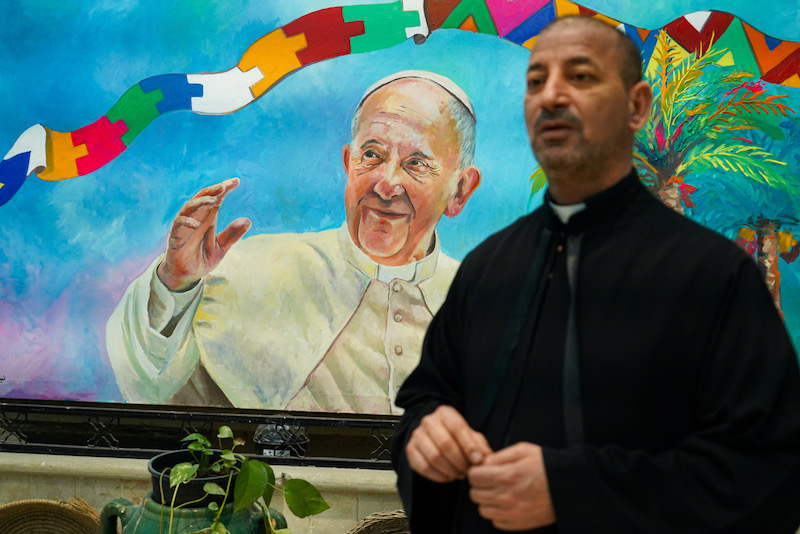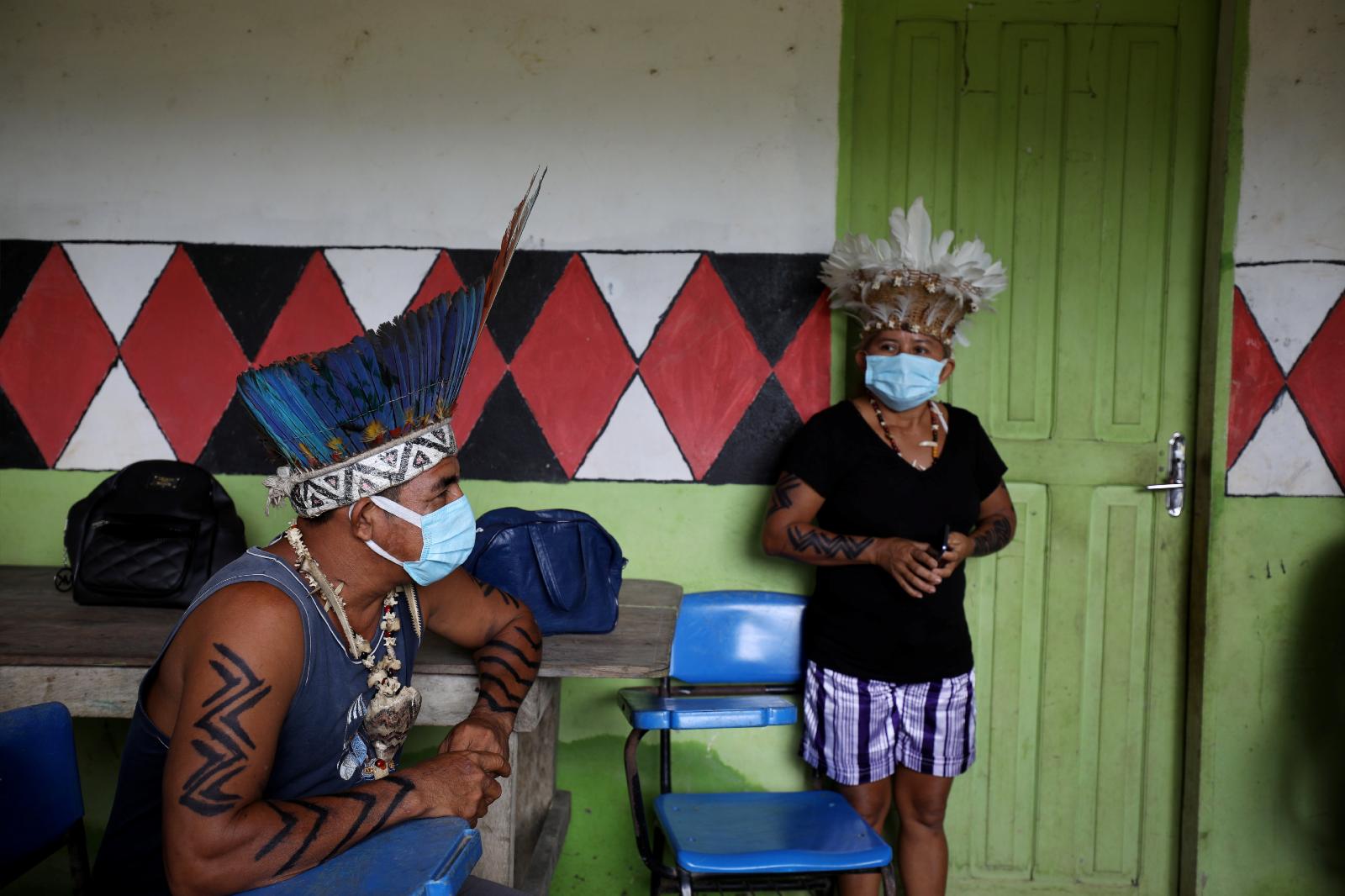The Brazilian bishops’ conference has come under fire from some of its more conservative members since it announced this year’s “fraternity campaign”, which defends Indigenous peoples, criticises the high rates of femicide and speaks up against LGBTQ violence and homophobia.
Archbishop Fernando Guimarães of Brazil's Military Archdiocese has instructed chaplains working with Brazil’s armed forces to refuse to participate in the 2021 campaign.
In a public letter sent to Bishop Walmor Oliveira de Asevedo, president of the bishops’ conference, the archbishop said “evangelisation of the faithful ... at any time and even more so in a special time such as Catholic Lent, is not a place for dialogue on controversial topics and contrary to the authentic doctrine of our church”.
His letter said that “during Lent this year, we will follow only the theological-liturgical guidelines specific to Lent and will not use any of the materials officially produced for this year's Fraternity Campaign. Our military chaplains are being directed to use only ’Fratelli Tutti,' by Pope Francis, if they wish to address the theme.”
A Catholic tradition since the 1960s, the Fraternity Campaign, promoted annually during Lent, is one of the church's most successful fundraising programs, bringing in hundreds of thousands of dollars from Christians.
Since 2001, every five years, the campaign has been carried out in an ecumenical fashion, with the theme being chosen by a collegiate body from the bishops' conference and members of the National Council of Christian Churches of Brazil. This year’s text was prepared by the Christian churches council, of which the bishops’ conference is a member.
“It is important to emphasise that the social relations of class, gender, race, ethnicity are historically interconnected,” said the fraternity campaign document, noting that women, especially Black women and Indigenous women, are the biggest victims of the “system of violence” in Brazil.
The part that drew the greatest controversy, however, was the support given to the LGBTQ community.
“Another social group that suffers the consequences of systemic politics and violence and the creation of enemies is the LGBTQ+ population,” says the document, Fraternity and Dialogue: Commitment of Love.
The statement was followed by data on deaths of lesbians, gays, bisexuals and transgender people, released by one of the country's most well-known LGBT lobby groups, Gay Group of Bahia.
“These murders are the effects of hate speech, religious fundamentalism, voices against the recognition of the rights of LGBTQI populations and other persecuted and vulnerable groups,” says the Fraternity Campaign document.
As criticism surged on social media, some church leaders started to speak up.
“This controversy is driven by prejudices and anti-ecumenical passion; in addition to baseless accusations against the (bishops' conference), it is also a controversy marked by ideological polarisation. I admit that in the base text there are positions that can be criticised, that may not be shared, but for God's sake, the focus here is not that,” said Cardinal Odilo Scherer of São Paulo.
“The dialogue takes place between ‘the different’. Among equals, there is no need for dialogue,” Bishop Pedro Stringhini of Mogi das Cruses said on social media. “It is clear that it is ideological; when it speaks of the poor, against inequalities and in favor of ideology, it is ideological. Just as it is ideological who criticises.”



 Loading ...
Loading ...